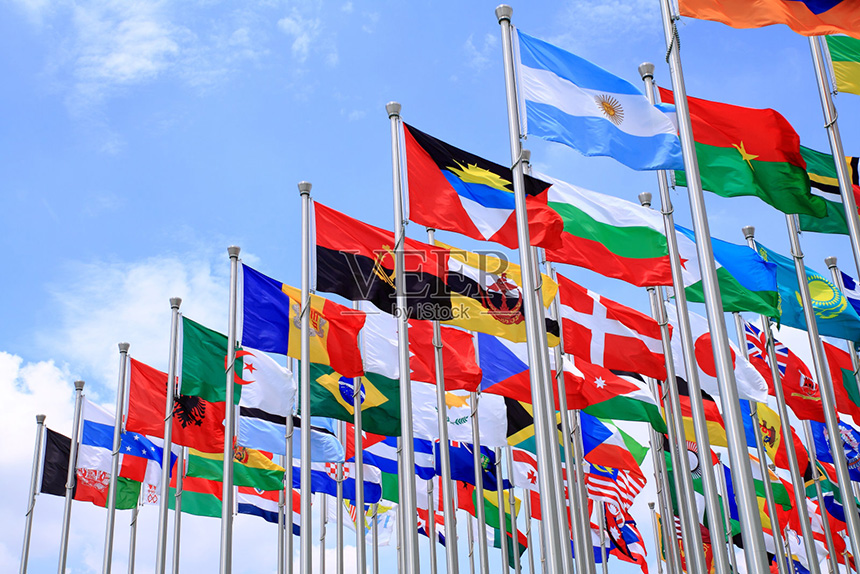Backflow prevention - water backflow valve
:max_bytes(150000):strip_icc()/SES-switching-to-natural-gas-for-your-grill-334920-101d787bbbc341d3b188d252f73ddbaf.jpg)
ASSE1015Backflow Preventer
Chemically, there are slight differences between these fuels. Natural gas consists mostly of liquid methane, although it also contains other gases, including some amount of propane. Natural gas undergoes little refinement after being pumped from the ground; it is very close to the same gas that comes from the earth. Commercial propane gas, on the other hand, is a refined fuel, one of the hydrocarbons that is extracted from natural gas. Because it is refined, propane requires less gas to produce the same BTU output as natural gas. But there are some distinct advantages to burning natural gas in grills and other outdoor appliances:
Both natural gas and liquid propane (LP) are common fuels, and homeowners often confuse the two. Natural gas is the fuel that usually powers home heating systems and gas-powered stoves, ovens, and clothes dryers when the home is supplied by the municipal gas company. Propane is the fuel of choice in rural areas, where a large tank of fuel sits in the yard and is refilled periodically by a traveling fuel truck that pumps it full of liquid propane. In homes served by liquid propane, the furnaces, stoves, and other appliances that have special valves and burners designed to accept propane gas.
There is any number of videos and instructional articles available that discuss boring out propane valves and burners on a grill to make them suitable for burning natural gas as the fuel. Although this is occasionally successful, it can also be disastrously dangerous. A better strategy is to buy a conversion kit designed for your grill. For less than $100 (usually), you may be able to replace the valves and burners on a propane grill and adapt it to burning natural gas.
ASSE 1013 Backflow PreventerParts
:max_bytes(150000):strip_icc()/SES-switching-to-natural-gas-for-your-grill-334920-101d787bbbc341d3b188d252f73ddbaf.jpg)
ASSE1014
For outdoor grills and appliances, liquid propane is the more common fuel. It is sold in smaller portable tanks or bottles that connect directly to the grill, outdoor fire pit, or heater. The vast majority of grills sold in the U.S. burn liquid propane.
If you want to burn natural gas in your barbecue grill, the best strategy is simply to buy a grill that is designed to use this fuel. Such appliances will simply be labeled "natural gas grill" rather than "liquid propane grill." Virtually all major grill manufacturers offer grills with special valves and burners designed to use natural gas, although you may need to special-order them. Because natural gas burns slightly cooler than propane, natural gas grills have valves and burner orifices that are slightly larger to allow for a larger volume of gas to flow. A grill with propane valves should never be used to burn natural gas unless an approved conversion has been performed.
The risks to drinking water quality from backflow contamination incidents pose a constant threat—whether they’re nuisance, non-health hazards, or serious public health events. Plumbing codes mandate that potable water supplies be protected against backflow at all cross-connections. We offer the largest selection of backflow prevention solutions for any application.
Gas-burning appliances, including outdoor barbecue grills, gas fireplaces, and patio space heaters, are designed to burn one of two different types of fuel. The majority of grills and outdoor appliances are designed to burn liquid propane (LP) fuel—the fuel that comes in tanks or bottles that you periodically must refill or replace. But homeowners increasingly are turning to outdoor appliances that burn the same natural gas that serves the indoor gas appliances—mostly because natural gas is a more plentiful, cheaper fuel. For a family that grills frequently, the cost savings can total hundreds of dollars each year. And because natural gas appliances can usually be tapped into the home's natural gas lines, it eliminates the need for cumbersome tanks that always seem to run empty just when you're grilling a big meal.
However, these conversion kits are often after-market products made by third-party manufacturers, and some grill manufacturers expressly warn against conversion. Weber, for example, expressly forbids conversion and will void the warranty on the grill if you use a third-party conversion kit—although many grill owners do successfully complete such conversions. Charbroil, on the other hand, offers their own conversion kits and provides instruction on how to convert a grill from propane to natural gas.




 8615510865705
8615510865705 
 8615510865705
8615510865705